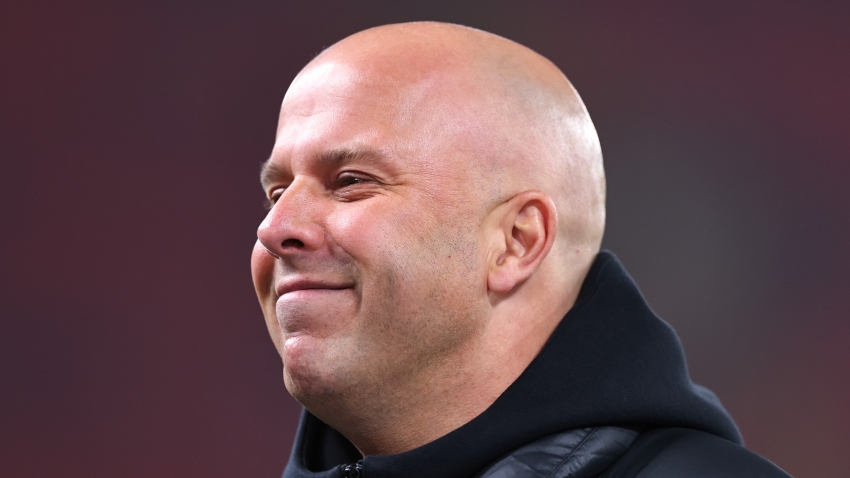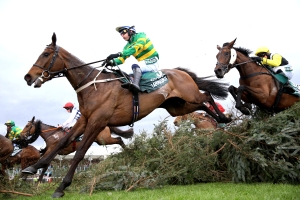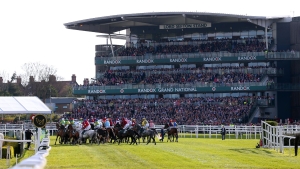The Jockey Club has pledged to provide greater transparency over its business performance as it announced prize-money will top £60million across its 15 racecourses for the first time this year.
A total of 39 ‘transparency meetings’ with 120 industry individuals to explain the Jockey Club’s business performance, prize-money, media rights and investment plans have been held over the last two and a half years
The operator says it will be “extending its commitment to openness” by providing more information to the Thoroughbred Group from 2024 onwards, including figures relating to individual racecourse media rights and other revenues, as well as disclosing other factors which impact decisions on prize-money and other investment plans.
Chief executive Nevin Truesdale said: “It’s really important to us at the Jockey Club to continue to be transparent in sharing details of our business performance with industry participants and stakeholders.
“By agreeing to extend this commitment to provide the Thoroughbred Group with more information around our revenues and costs, we are seeking to drive critical industry collaboration to work together to grow the sport, while also providing a clearer picture of the challenges we face as a racecourse operator.”
Julian Richmond-Watson is chair of the Thoroughbred Group, which represents the industry’s owners, trainers, jockeys, stable staff and breeders.
He said: “The Thoroughbred Group welcomes the Jockey Club’s further commitment to the sharing of financial information, which will now be provided on a more extensive basis than previously received.
“This enhanced visibility will allow us to focus on working together to grow the sport’s revenues and, in turn, increase the prize-money levels upon which our participants rely.”
National Trainers’ Federation chief executive Paul Johnson added: “We believe that this is an enormously important step in being able to agree commercial partnerships with racecourses, something that we see as a foundation stone for working together to improve the sport’s future.”
An overall prize-money total of £60.1m will be offered across the 334 fixtures due to be staged this year by the Jockey Club, whose courses include Aintree, Cheltenham, Epsom and Newmarket.
This reflects a £31.8m executive contribution – the amount the organisation puts in from its own funds – with values for specific races and fixtures confirmed in due course.
The Jockey Club has also budgeted to spend £11.7m over the next 12 months on upgrades to its racecourses, which includes investment into improving racing surfaces, equine facilities and welfare standards.
Truesdale added: “Given the unprecedented financial headwinds the horseracing industry is currently facing, we are pleased to be able to announce today that the Jockey Club’s executive contribution to prize money will be increased to £31.8million in 2024, taking our overall prize-money past the £60million mark for the first time.
“Our mission is to power racing’s future and to ensure that our sport thrives for generations to come. That would not be possible without our participants and all those whose jobs not only help British racing prosper but rely on the industry.
“So, while we continue to take important steps to improve our business efficiency in the face of significant and unprecedented economic challenges, there is also an ongoing focus on investing across our estate and in participants, which includes a commitment to prize-money.
“This has led us to some very difficult decisions in our financial planning for 2024 and we are pleased to be able to deliver an increase in prize-money investment in these very challenging circumstances.
“In addition to prize-money, the Jockey Club will continue to invest in many other areas of the sport, including equine welfare and improving the raceday experience for participants, owners and racegoers.
“We hope that by doing so, we will drive engagement, expand our fan base and increase attendances for the good of the sport.”






























